Dogwood is one of the earliest blooming trees. As if to balance with this, the cornels are among the last harvested. It's still worth the wait though, since the little red fruits are loaded with vitamins and minerals. They can be used to make juice, jams, nectar, jelly and wine.
Dogwood Jelly
Ingredients: 4.5 lb cornels, 3 cups sugar, 1 tsp tartaric acid.
Preparation: Wash the fruits, then pour in enough water to cover them. Put them to boil until they change color and soften. Strain the resulting juice and boil it with the sugar. You will know it's ready when you place some of it on the edge of a plate and it gels. Then add the tartaric acid to the mixture and boil for 2-3 more minutes. While still hot, pour the jelly into suitable containers and let it cool.
Dogwood Wine
Ingredients: 2 lb cornels, 2 lb sugar, 12 1/2 cups water.
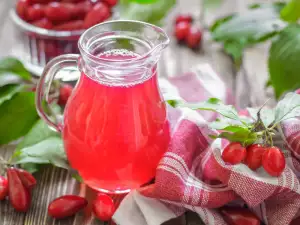
Preparation: Pour the water over the fruits. Sprinkle with the sugar on top and leave them for 15 to 20 days in an open container. For the sugar to dissolve, stir them from time to time. After the time has passed, filter through a fine strainer. Pour the resulting liquid in a carboy or demijohn, not filling it all the way up to the top. Close with a special airlock cap, with a blowoff tube immersed in a liquid. The other end needs to go in a container filled with water.
The fermentation process begins once the water begins to bubble. Keep in mind that if the container is in a cool area, it lasts longer than 20 days, while if at room temperature, you will save yourself 3 to 4 days.
Filter the ready wine and pour it into bottles. Close them; it's good to seal the necks with paraffin. Store the bottles horizontally.
Cornels, no matter what form they're taken in, provide the body with sugars, minerals, vitamin C, as well as significant amounts of antioxidants. The plant has astringent properties due to the presence of tannins. This makes cornels an excellent agent against diarrhea, not just because they possess costive effects, but also because they disinfect. They are recommended for fever, as well as use as a styptic substance.
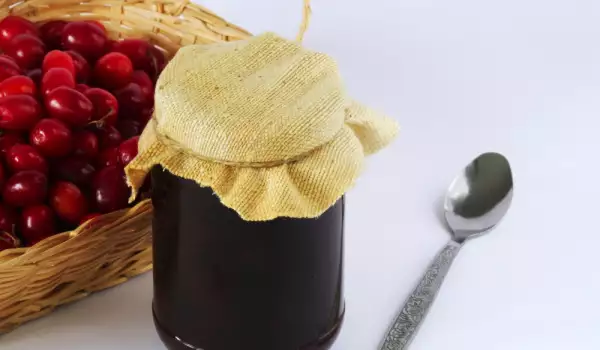



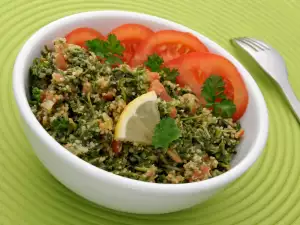

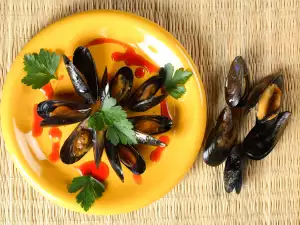
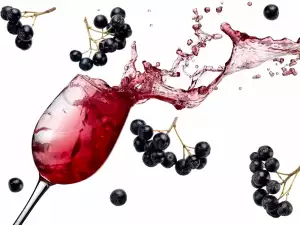
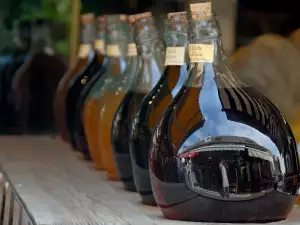


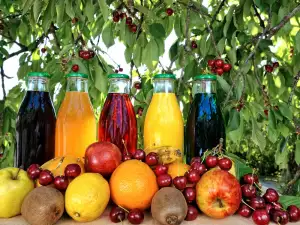

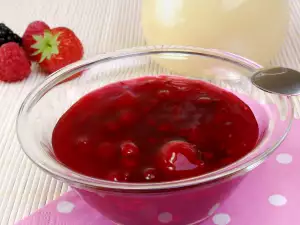






Comments